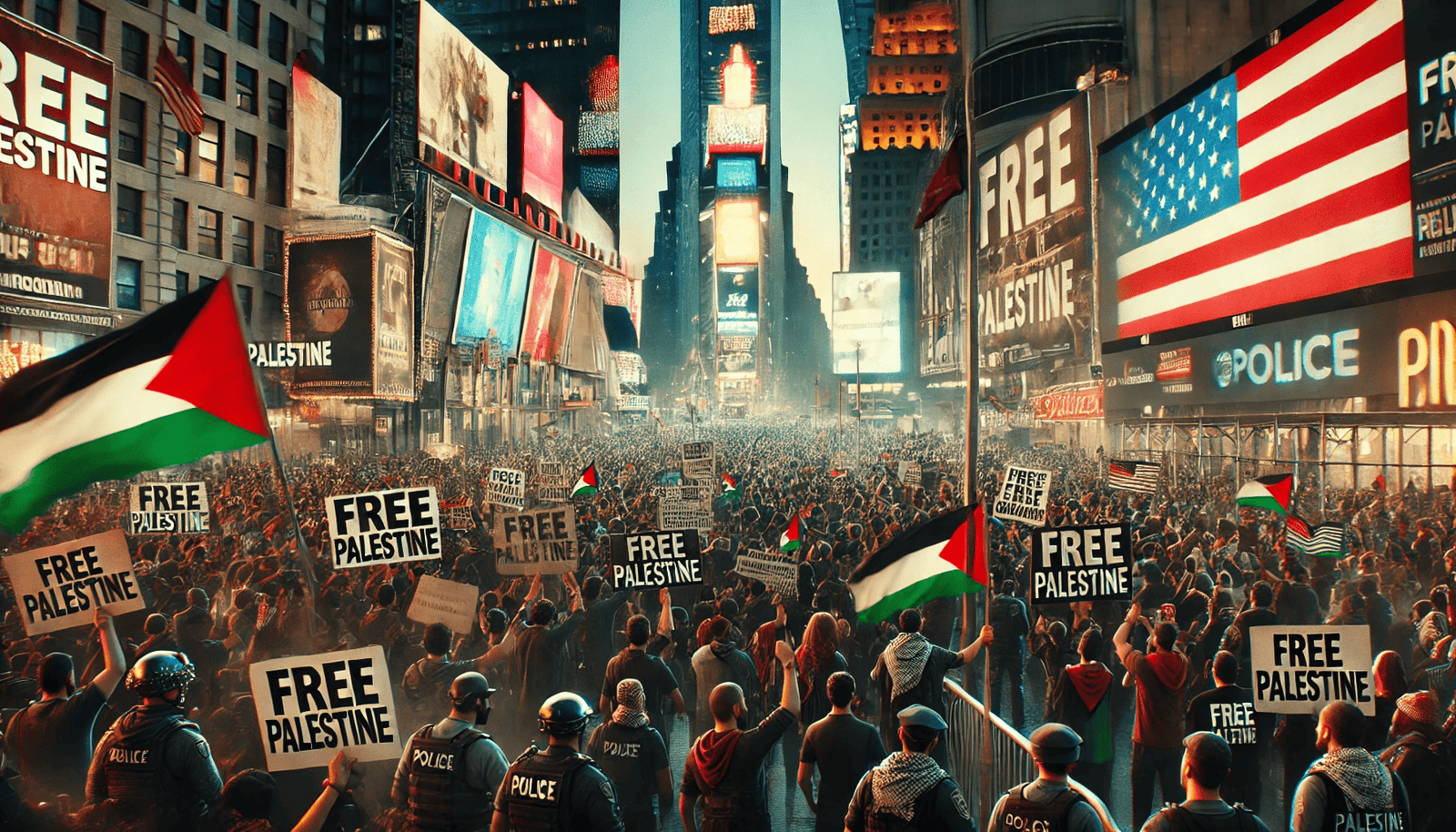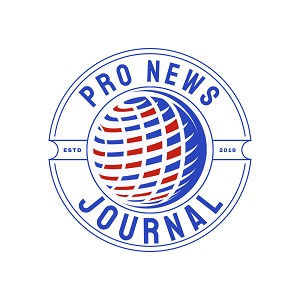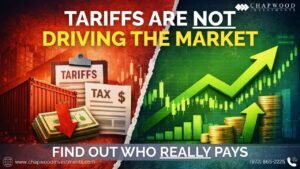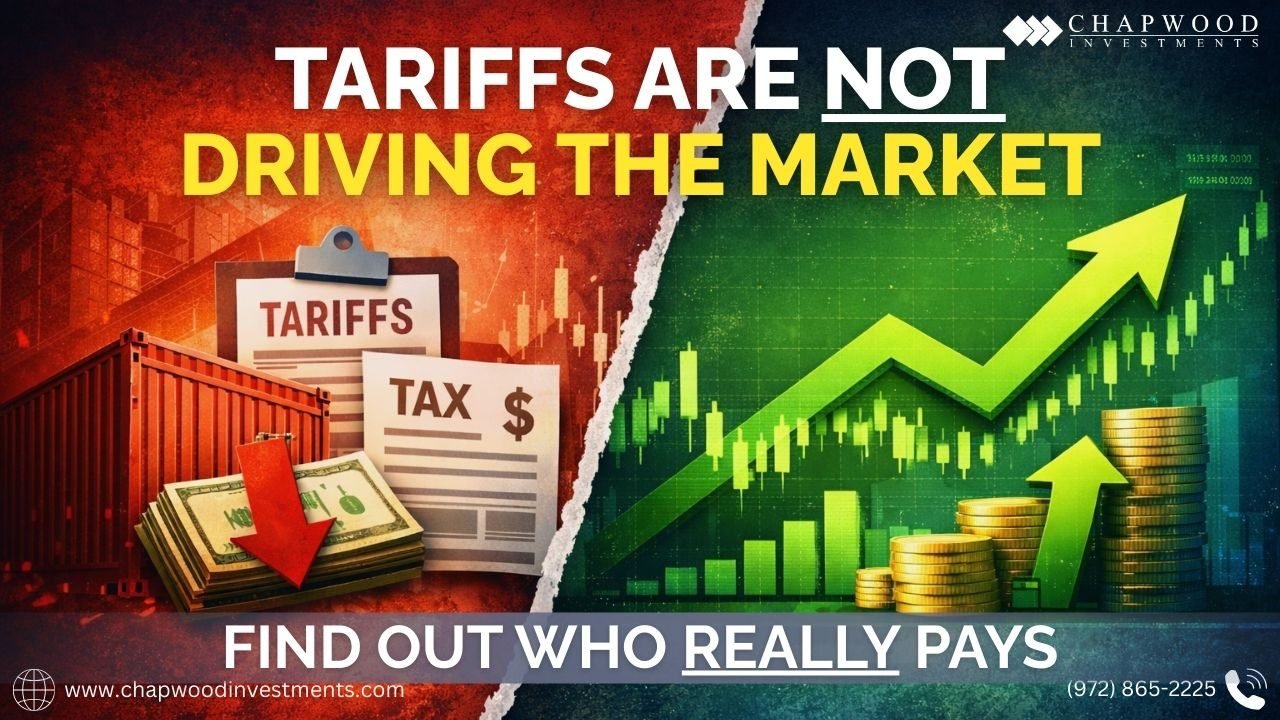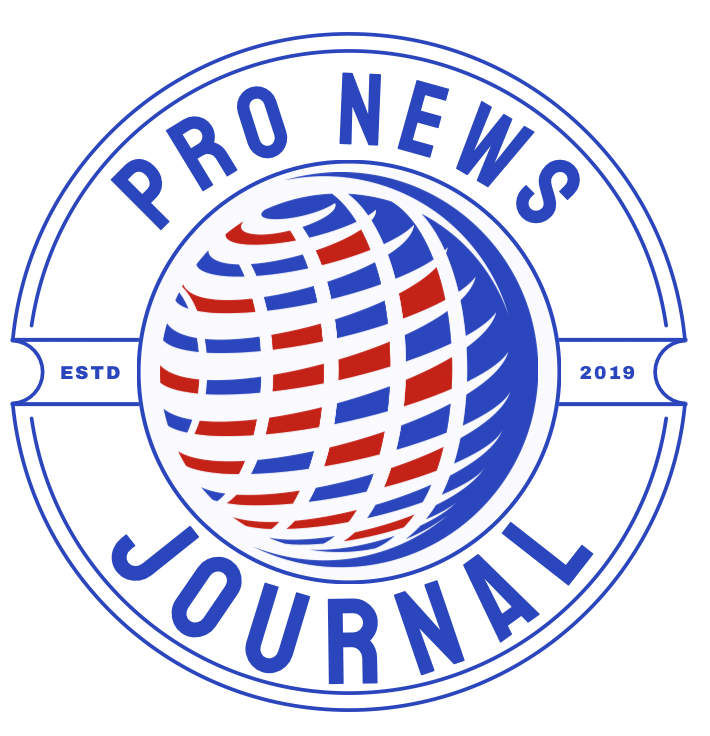Protests in New York City and Their Broader Implications
Recent demonstrations in New York City—particularly those that took place in Times Square—have once again ignited discussions about domestic security, foreign policy, and ideological divisions in the U.S. Held on January 1, 2025, these protests followed two high-profile acts of violence in New Orleans and Las Vegas, raising questions about their significance and the narratives they reinforce.
The NYC Protests
The Palestinian Youth Movement, alongside aligned organizations, led the protests in Times Square. Many of those gathered called for Palestinian liberation, voicing strong opposition to U.S. foreign policy. Protesters prominently waved Palestinian flags while carrying banners that accused the United States of supporting oppression through financial and political backing of Israel. However, controversy emerged due to the rhetoric used—some participants invoked the phrase global intifada, a term historically associated with Palestinian uprisings against Israeli control, often interpreted as advocating armed resistance.
Despite the absence of violence at the protest itself, chants like Intifada revolution drew criticism from those who saw them as tacit endorsements of militancy. Additionally, expressions of solidarity with Hamas—an organization designated as terrorist by the U.S. and other nations—contributed to the divisive nature of the demonstration. Detractors argue that such messaging risks delegitimizing valid calls for Palestinian rights by tying them to extremist ideology.
Connection to Recent Attacks
That these protests occurred mere hours after two significant violent events has complicated how they’re perceived by the public. In New Orleans, a military veteran named Shamsud-Din Bahar Jabbar drove a truck into a crowd, killing fifteen. Reports indicate that he was inspired by ISIS ideology. Meanwhile, in Las Vegas, another veteran, Matthew Livelsberger, detonated a Cybertruck outside the Trump International Hotel. These back-to-back attacks have deepened concerns about ideological extremism and radicalization within the United States.
No direct link between these attacks and the NYC protests has been established. Still, ideological overlaps exist. Protesters reportedly referenced these incidents during speeches, situating them within a broader struggle against oppression. But this framing has drawn backlash, as some believe it implies an attempt to justify or contextualize acts of terror under the guise of resistance.
A Closer Look at the Attacks
- New Orleans Incident: During his attack, Jabbar displayed an ISIS flag, making clear his allegiance to the group’s propaganda. His actions underscore the ongoing risk of international extremist ideologies seeping into domestic affairs. While unconfirmed, some accounts claim that NYC protesters referenced this attack in the context of global resistance—a claim that remains controversial.
- Las Vegas Explosion: Livelsberger’s bombing outside Trump International Hotel exacerbated fears regarding domestic terror threats. Both he and Jabbar previously served at the same military base, prompting deeper scrutiny of how radicalization might be festering within segments of the U.S. armed forces. This revelation has further fueled debates over the protest’s rhetoric, especially as it relates to anti-U.S. policy sentiments.
Public and Political Reactions
Though the Times Square protest remained peaceful, law enforcement maintained a heavy presence. Even without physical altercations, the language used by certain demonstrators triggered widespread condemnation. Critics insist that slogans backing Hamas and calls for intifada blur the line between political activism and veiled support for violent action. Federal and local intelligence agencies are currently investigating whether any connections—either ideological or logistical—exist between protest organizers and the perpetrators of the recent attacks.
Heightened Security Measures
In the wake of these events, authorities have ramped up security nationwide. Officials are particularly wary of copycat attacks or protests escalating into violence. President Joe Biden has vowed a comprehensive investigation into both the New Orleans and Las Vegas attacks, stressing the necessity of addressing domestic radicalization with urgency.
The Larger Picture
What transpired in Times Square, along with the tragic events in New Orleans and Las Vegas, sheds light on the ongoing struggle between safeguarding free speech and ensuring public safety. The messaging at these protests reveals the challenge of advocating for legitimate political causes without using rhetoric that some may interpret as incitement. Meanwhile, the recent attacks illustrate how domestic and international extremist threats are increasingly intertwined.
As the country grapples with these complexities, fostering thoughtful and nuanced discussion becomes more essential than ever. Free expression and peaceful protest must be upheld, but not at the cost of public security. The Times Square protests, and the violent acts that preceded them, serve as stark reminders of the urgent need to confront both radicalization and the broader consequences of U.S. policies at home and abroad.
